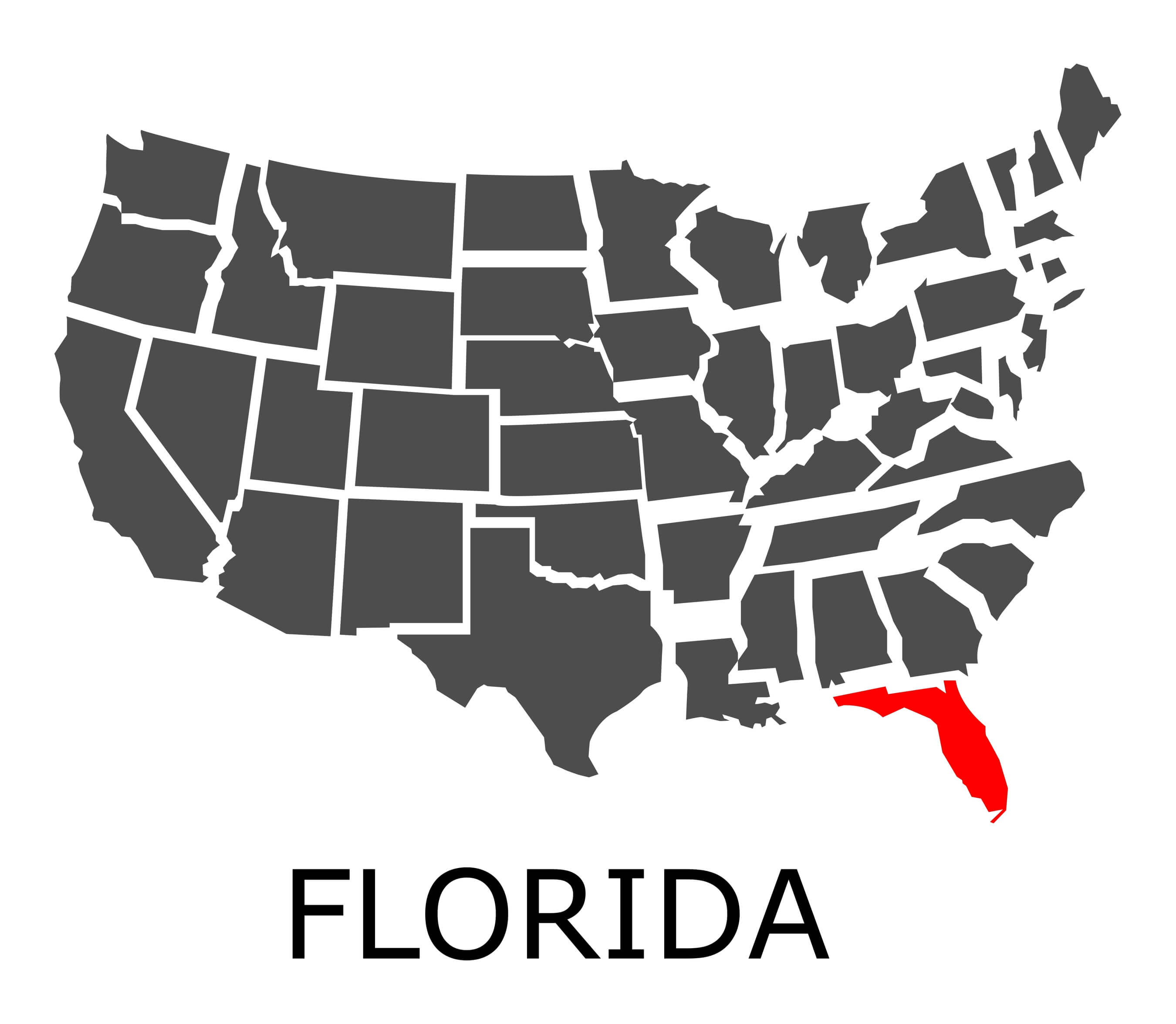
Probate is usually required whenever a person who owns property passes away. Several factors determine whether probate is necessary, and where those proceedings should be carried out. In the case of real property it depends on where the property is located and how it is titled. Probate for personal property is not very common, unless the personal property is of exceptional value. For most personal property probate is only required when there is some third party keeping track of who owns the asset. You’ll need letters of administration or summary order to get the Florida Department of Highway Safety and Motor Vehicles to do anything with a decedent’s vehicle.
Real property is the most common asset that non-Florida decedents own requiring probate in Florida. In some cases, timeshares and undeveloped land in undesirable places it may not be economically favorable to do probate, and the assets end up abandoned. In other cases, the assets have enough value to warrant a probate administration to transfer the property.
Out of State Proceedings
In most cases, when a non-Florida resident who owns property in Florida passes away, there will be probate proceedings in the state of residency, and ancillary proceedings in Florida. In some cases, a non-resident decedent may not need probate in their state of residency. For example, someone who avoided probate in their state of residence (through the use of a trust or other methods to avoid probate similar to those available to Florida residents) may have Florida assets that were not titled such that they would avoid probate.
Ancillary administration works similarly to a regular Florida probate administration. The procedure, and it similarities to a regular Florida probate administration are also set out in section 734.102, Florida Statutes. The personal representative may be required to give bond, under the requirements of the Florida Probate Code. The Florida Probate Rules apply in ancillary probate administrations. The personal representative for an ancillary administration is required to provide notice to creditors of the decedent, just as in a regular Florida probate proceeding. At the conclusion of the ancillary administration, the remaining assets are transferred to the personal representative in the main probate administration to be distributed according to the will or the intestacy laws of the state.
Venue for Probate of Nonresident Decedent’s Estate
Under Florida Statutes 733.101, Venue for probate proceedings for a nonresident decedent is proper in any county where the decedent’s property is located. This doesn’t distinguish between real and personal property. If the decedent didn’t own property, venue is proper in any county where any debtor of the decedent resides.
Foreign Personal Representatives in Florida
Florida Statutes 733.304 states that a spouse, or someone related to the decedent by blood or adoption, may be personal representative of a Florida probate estate, even if that person resides outside of Florida. Under Florida Statutes Chapter 734 the powers and requirements for foreign personal representatives are described. These sections apply to out of state personal representatives for a decedent who resided in Florida when they died, and to estates where the decedent and personal representative are not residents of Florida. The administration process of the foreign decedent’s estate is to be as similar as possible to the original administration. This means that the personal representative will likely be required to give bond as well, and notice must still be given and published as otherwise required by Florida law.
Creditor Claims Bar and Summary Administration
The same limitation on creditor’s claims applies in each of these cases. Two years from the date of death, all claims are barred. This may simplify the process and create circumstances where summary administration might be a better option than formal administration. The personal representative in the out of state primary proceeding may be allowed to use a summary administration if the decedent had a Will and less than $50,000 in assets in Florida under Florida Statutes 733.1025. When there is no foreign personal representative, a summary administration may be proper under Florida Statute 735.201.
Contact us today to schedule a free consultation
Regardless of what your situation is, it is a good idea to talk to a Florida Probate attorney. We can help you figure out what will be required to transfer the property to the beneficiaries. If your loved one owned property in Florida, but resided in another state, contact our firm today to schedule a free consultation. Our attorneys will work with the out of state probate attorneys, personal representatives, or descendants to make sure the ancillary administration is completed efficiently, so that the property can be transferred according to your loved one’s wishes.
Request your free consultation today!
